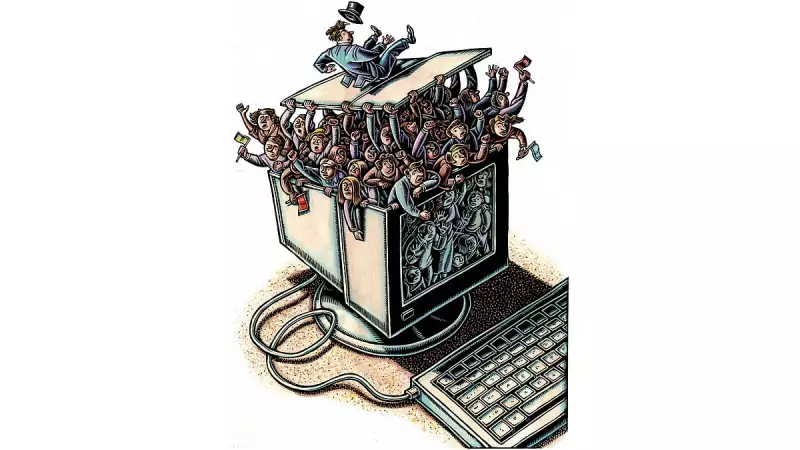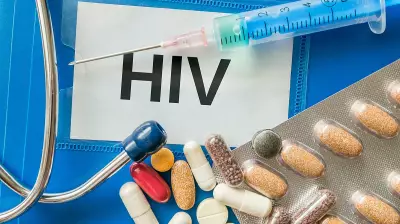
In a country where massive gatherings like the Kumbh Mela attract millions and concerts fill stadiums to capacity, understanding crowd safety isn't just important—it's potentially life-saving. Recent incidents across India have highlighted the critical need for better crowd awareness among both organizers and attendees.
The Indian Context: Why Crowd Safety Matters More Than Ever
India hosts some of the world's largest human gatherings. The Kumbh Mela alone sees over 50 million pilgrims, while major concerts and political rallies regularly draw crowds in the hundreds of thousands. With such massive numbers, basic safety knowledge becomes everyone's responsibility.
Before You Go: Pre-Event Preparation
Smart planning can significantly reduce your risk in crowded situations:
- Research the venue layout - identify emergency exits and medical stations
- Wear appropriate clothing - avoid loose garments that could get caught
- Establish meeting points with your group in case you get separated
- Carry essential contacts and keep your phone charged
During the Event: Staying Safe in the Masses
Once you're in the crowd, these strategies can help maintain your safety:
- Maintain situational awareness - regularly scan your surroundings
- Keep hands free and away from pockets to maintain balance
- Move diagonally through crowds rather than against the flow
- Identify 'safe zones' - areas with more space and better visibility
Recognizing Danger Signs: When to Exit Immediately
Crowd disasters often give warning signals that attentive participants can recognize:
- Compression waves where people move involuntarily with the crowd
- Difficulty breathing or raising your arms
- Falling or stumbling people around you
- Increasing panic and shouting in the crowd
The Science of Crowd Psychology
Understanding how crowds behave can be your greatest safety asset. Mass gatherings create a unique psychological environment where individuals tend to follow group behavior, sometimes against their better judgment. This 'herd mentality' can both create dangers and provide safety opportunities when properly managed.
What Event Organizers Must Implement
While individual awareness is crucial, event organizers bear the primary responsibility for crowd safety:
- Proper crowd density monitoring and capacity management
- Clear entry and exit routes with adequate signage
- Trained security personnel positioned strategically
- Emergency medical services on standby
- Real-time communication systems for alerts and instructions
As India continues to host world-class events and maintain its rich tradition of massive religious gatherings, combining modern safety protocols with traditional crowd management wisdom becomes essential. The responsibility lies with everyone—from event planners to each individual attendee—to ensure that celebrations remain safe and joyful experiences for all.






